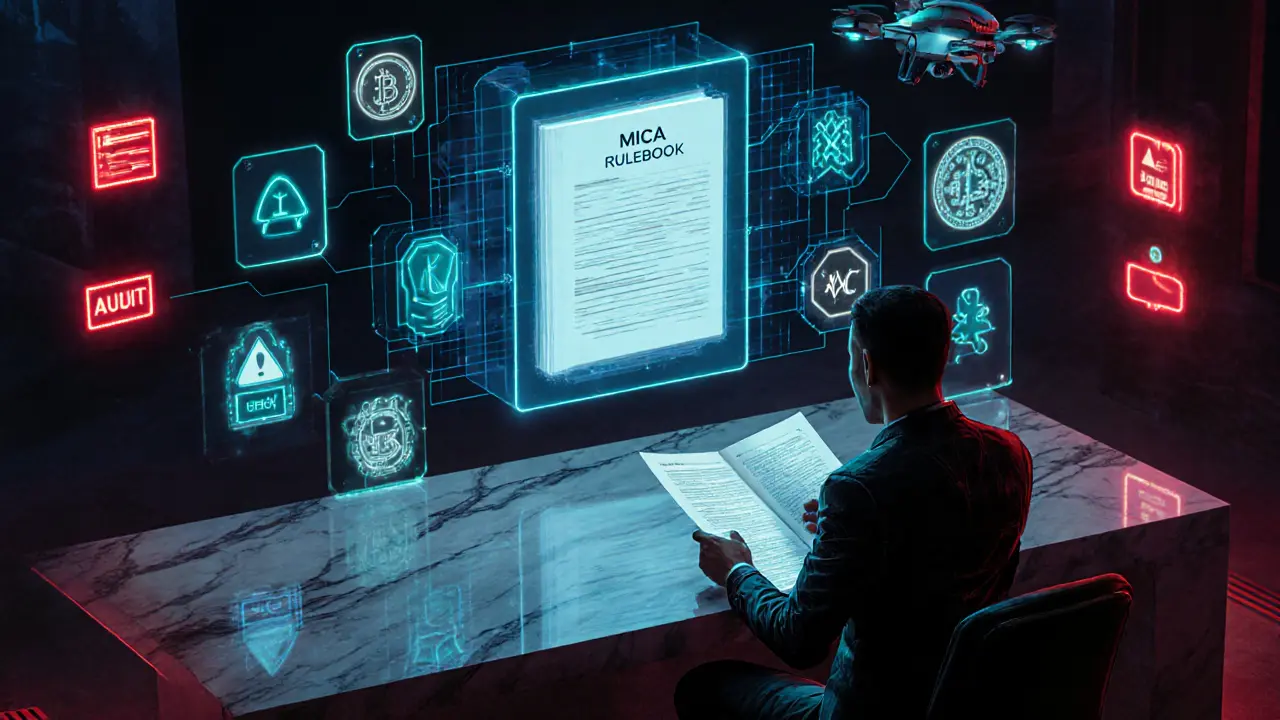Malta's MFSA crypto rules under MiCA are among Europe's strictest and most advanced. Learn licensing requirements, fees, whitepaper rules, and how to stay compliant in 2025.
Crypto Asset Service Providers: What They Are and Why They Matter
When you trade crypto, use a wallet, or even just hold Bitcoin, you’re interacting with crypto asset service providers, companies that offer tools, platforms, or services to manage, trade, or custody digital assets. Also known as crypto intermediaries, these entities bridge the gap between blockchain technology and everyday users—whether it’s through exchanges like Binance, custody firms, or compliance platforms that help firms follow the law. They’re not optional. If you’re in crypto, you’re already using one—whether you realize it or not.
Not all of them are created equal. Some, like SushiSwap or HitBTC, are decentralized or semi-centralized exchanges that let you trade tokens directly. Others, like the firms handling SEC compliance for blockchain startups, are legal gatekeepers. Then there are the shady ones—fake platforms like MoonDex or Dexko—that exist only to steal your funds. The difference? Legit providers follow rules. They audit their code, report to regulators, and keep user funds separate. The rest? They vanish when the market turns.
Regulation is the biggest divider. In 2025, SEC compliance, the set of rules enforced by the U.S. Securities and Exchange Commission to classify and regulate digital assets as securities is no longer optional for any firm handling U.S. clients. Projects like SOLVEX NETWORK or PumaPay failed because they ignored this. Meanwhile, firms that built compliance into their DNA—like those tracking Reg BI or KYC rules—are still standing. Even countries like Kosovo and Algeria, which banned mining or trading outright, still have underground networks relying on service providers to operate. That’s how critical they are.
And it’s not just about trading. blockchain firms, companies building decentralized applications, wallets, or payment protocols that rely on crypto asset service providers for infrastructure and legal cover need these services to survive. DexKit lets entrepreneurs build DEXs without code—but they still need a compliant exchange to list their tokens. CHY or APIS airdrops promise free crypto, but they depend on wallet providers and token distributors to deliver value. Even tax reporting for Bitcoin as property hinges on transaction history from these providers.
What you’ll find here isn’t a list of the best platforms. It’s a raw look at who’s really in charge behind the scenes—the ones who make crypto work, the ones who break it, and the ones who get caught in between. From memecoins with zero utility to crypto exchanges operating in banned countries, every post here ties back to one truth: if you’re using crypto, you’re trusting someone else to handle it. Know who they are. Know what they’re allowed to do. And know what happens when they don’t.

